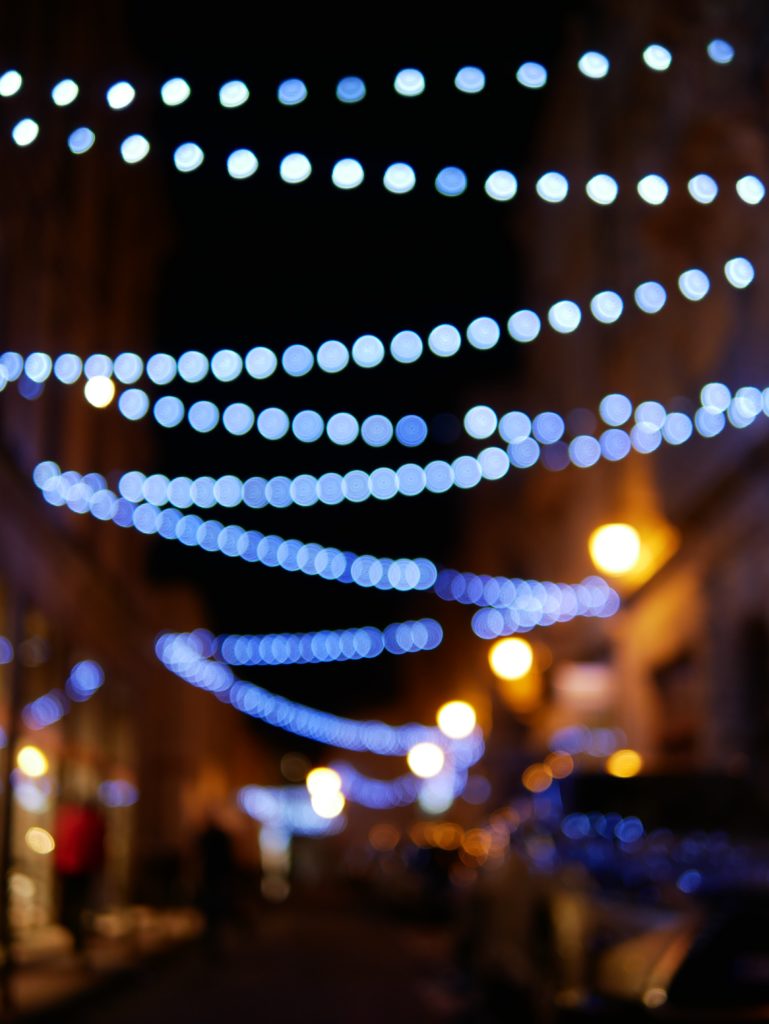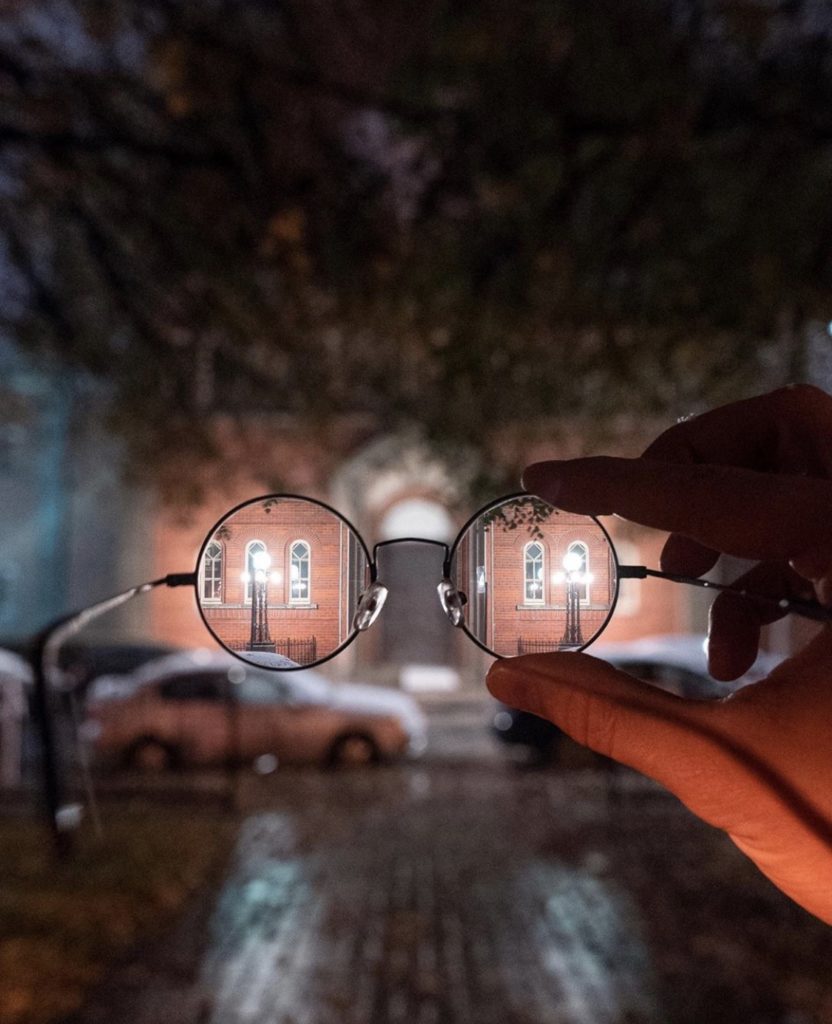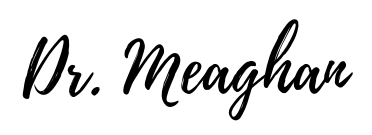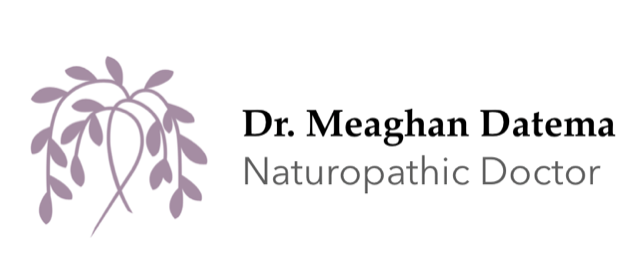We are all at home. Social distancing is the new normal. Working from home used to be a rare occurrence and now is the new norm. Thankfully there are a lot of at-home activities to keep us occupied and busy during self-isolation or quarantine. Unfortunately many of them involve looking at a screen, whether it is a phone, tablet, laptop or tv.
Look at your screen time exposure during the past number of weeks. Most phones track this now for you. It most likely has gone up if you combine the amount of time spent on your smartphone, laptops or computers, tablets, and tvs. This increases your exposure to blue light.
Why you need to decrease blue light exposure
The blue light that is emitted from electronic devices and overhead lights affect the body in several ways.
Blue light decreases the quality and quantity of your sleep.
Blue light from our electronic devices mimics the light from the noon day sun. When you are exposed to blue light it hits the back of the eye and sends a signal to the brain to shut down melatonin production. At noon that’s what we want, we don’t want melatonin to rise until after the sun has set and we are getting ready for bed. Then we want melatonin to rise because it triggers the sensation of sleepiness. When you are exposing yourself to blue light at night from overhead lights and electronic devices you are telling your brain to shut down the melatonin production. Your melatonin levels are low, but they will peak, only it’s about 2-3 hours after you put the screens away. So instead of having that sleepiness feeling at 9-10pm, you are not feeling sleepy until 12-2am. No wonder you can’t sleep at night.
Blue light is not filtered out by your lens and cornea

UV light is 99% filtered out before light hits the retina or the back of your eye. Blue light is not filtered out. Blue light hits the light sensitive cells in the back of your eye and may damage them overtime with too much exposure. This can lead to age-related macular degeneration. How much this impacts the progression of age-related degeneration or what is the threshold of “too much” is still unknown.
How to decrease blue light exposure

Blue Light Filtering Apps
Install blue light filtering apps on your computers, tablets, and phones. This will cut your exposure to blue light by tinting the screens orange. Some devices already have them installed, all you have to do is turn them on. Here is how to do that on your iPhone (Settings -> Display & Brightness -> Night Shift). Set the filter as “warm” or orange as your can and have it set from sunset to sunrise.
Blue light blocking glasses
With my most recent set of glasses, I added the clear blue light protection coating on them to block the amount of blue light actually hitting my eye. They are not perfect, but they have helped with eye strain and headaches during the day. I order my glasses from EyeBuyDirect.
Some blue light blocking glasses are amber coloured, these are much more effective at blocking out the blue light. Some people use them all day, but you don’t have to. Wearing them between sunset and sunrise will block the blue light enough that your melatonin has a chance to rise before you go to bed. You should notice a change in the quality of your sleep with these glasses.
Put the screens down at meal times
Eating should be used as a time to enjoy your food and the company of whoever you’re quarantined with. Cutting out screens when eating meals and snacks can dramatically decrease how much time you are using them and will give your eyes a break.
Pick up a hobby other than Netflixing
Yes, I am totally guilty here. I have been binging on Netflix and Amazon Prime quite a bit since social distancing became the norm. But I challenge you (and myself) to pick up a hobby that doesn’t require electronic devices. Here are some that I have brainstormed:
- Knitting or crocheting
- Drawing or painting
- Exercise: yoga, HIIT, walking, running
- Reading
Listen to a podcast instead of watching tv
Podcasts are a great way to keep yourself entertained without watching a screen. There are over 800,000 podcast shows with millions of episodes out there. Topics range from educational to murder mysteries to sports commentary to your favourite books. Best of all. They are free to listen to through podbean, Apple Podcasts, Spotify, and Google Play.
Blue light can have a major impact on your health through throwing off your sleep patterns. Getting your blue light exposure under control is now essential to your health.
If you are still having trouble sleeping check out my previous blog post on sleep hygiene here. Still having trouble sleeping, click the buttons below to book an appointment and we can discuss ways to improve your sleep.
Yours in Health,

Resources
- Zhao ZC, Zhou Y, Tan G, Li J. Research progress about the effect and prevention of blue light on eyes. Int J Ophthalmol. 2018;11(12):1999-2003.
- https://www.health.harvard.edu/staying-healthy/blue-light-has-a-dark-side
